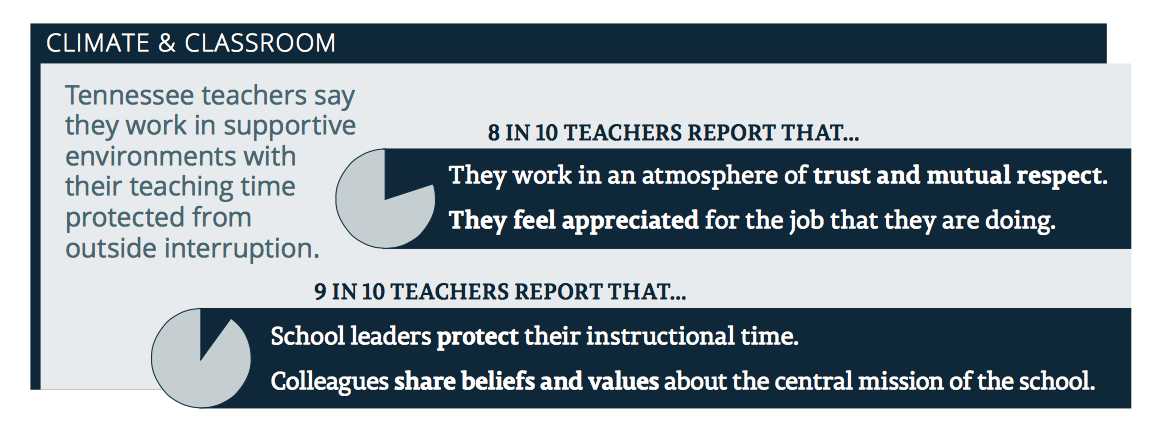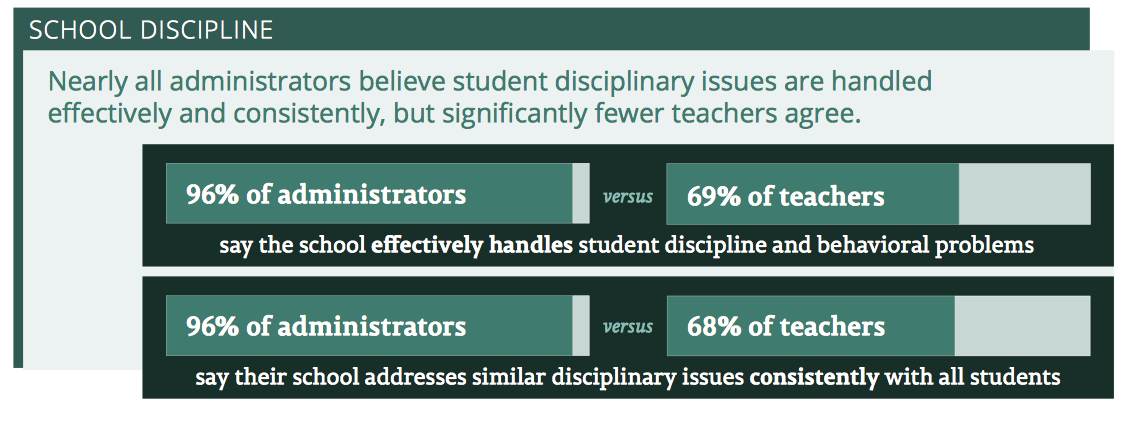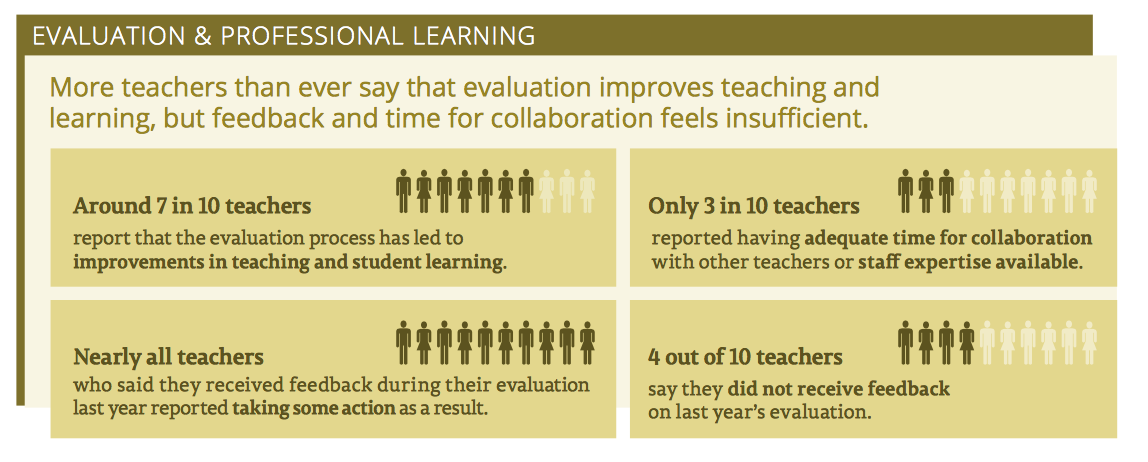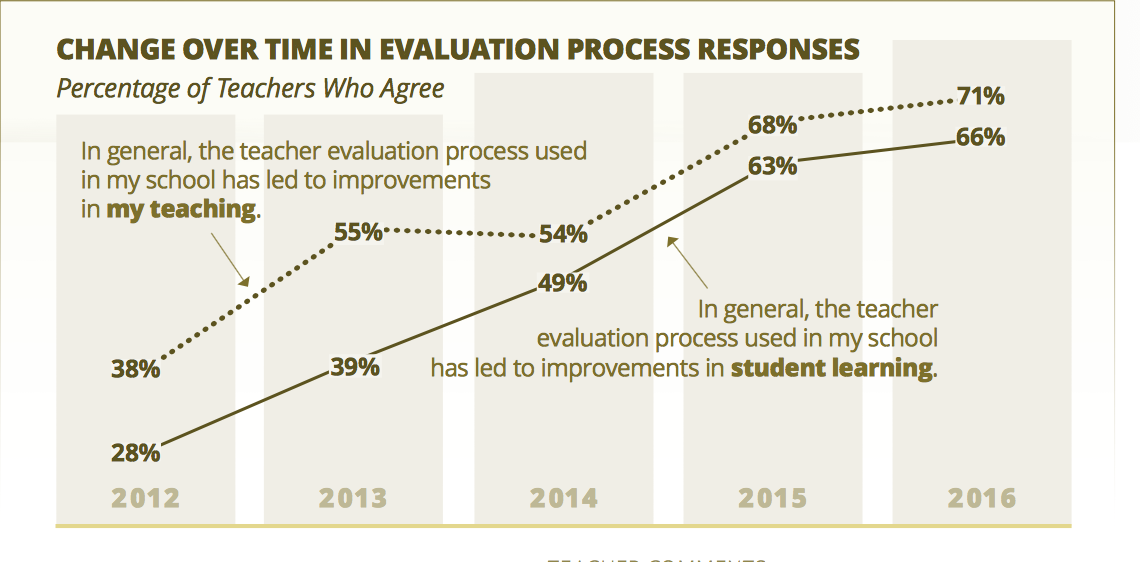Despite the best efforts of Jay Sekulow and Steve Gill, it seems Tennessee’s 7th grade social studies standards will still include learning about Islam in the world religion portion of the course.
The Tennessean reports:
In total, the department’s social studies review team has cut down the number of 7th grade standards, where Islam is taught, from 75 to 67.
The process has included a name change of standards under the “Islamic World, 400 A.D/C.E.–1500s” to “Southwest Asia and North Africa: 400-1500s C.E.” Some references to the “Islamic World” have been changed to “Africa.”
And under the new draft standards, students are asked to learn the origins, spread and central features of Islam. These include the founder Mohammed, sacred texts The Quran and The Sunnah and basic beliefs like monotheism and The Five Pillars. The diffusion of Islam, its culture and Arabic language are also still included in the standards.
A little over a year ago, I wrote about Sekulow and his fear-mongering for profit around Tennessee’s social studies standards. Citing one of his emails, here’s what I wrote about the alternate reality in which Sekulow apparently lives:
Hundreds of seventh grade students all across Tennessee converting to Islam after their world history class. It’s happening everywhere. In rural and urban communities. It’s happening because Tennessee teachers are not just teaching world religions, they are specifically focusing on Islam and indoctrinating our children. They must be, with so many conversions happening every single week.
Actually, so far, no one has reported a single conversion of any student to Islam after taking a seventh grade history class.
Despite the lack of any actual problem, Commissioner of Education Candice McQueen called for an early review of the state’s social studies standards. And, State Board of Education Chair Fielding Rolston punted on the issue. That’s what prompted the changes noted in the Tennessean story cited above.
The good news is the standards (as proposed) leave the teaching of Islam as part of a broader curriculum on world religions largely intact.
It’s not clear (yet) if Sekulow and Gill will find a new way to gin up fear and pad their wealth as the state enters a comment period for the proposed revisions.
The comment period for the standards has been extended to December 15th. Those wishing to review the standards and offer feedback can do so here.
For more on education politics and policy in Tennessee, follow @TNEdReport




